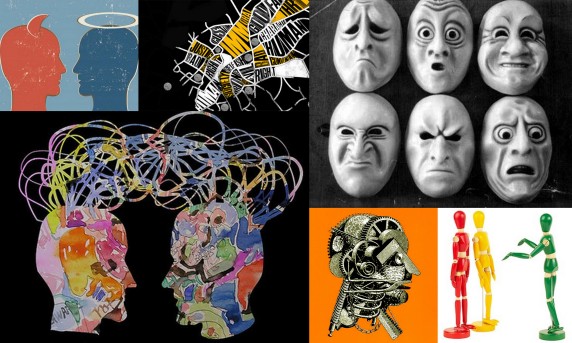Human Capital is one of the most widely studied topic in the field of Human Resources worldwide. Many theories explicitly connect investment in human capital development to education, and the role of human capital in economic development, productivity growth, and innovation. Sharnitha Ramachandran explores the various other ‘capitals’ that are significant for HR managers:
Social capital
Social capital refers to the broad network of relationships that exist among employees in the workplace. Such associations can be formal or informal, personal or professional. Internally, employee relationships can be within departments, across departments, based on functions or simply due to similar likes / preferences. Externally, relationship building happens with outside parties like customers, suppliers, agencies and so on. All this helps in social cohesion and increase in acquaintances. Social capital is inevitable in an organizational setting and sometimes problems can arise due to social interactions among members. It may include leakage of confidential material, using contacts for personal advantage and spreading misleading information etc. However, its presence cannot be punished nor can its absence be rewarded just so that status quo is maintained. Studies show that social capital is said to influence the extent to which internal culture is imbibed by employees or opposed because of difference of opinions. Due to effects of relationships, an employee can go with herd-mentality or can convince the members to think otherwise. In fact, through social capital, employees even take decisions related to long-term employment like whether to stay or quit, perceptions about the management based on what others have said or experienced etc. A classic example of Social capital is trade unions.
Cultural Capital
Cultural Capital is borrowed from Sociology but is related to human resource management as well. It refers to how human capital collectively get involved and conduct themselves within a system mainly through collaboration and innovation. The shared behavioral patterns of individuals (or cultural background) is exhibited in the processes and practices adopted. This can lead to a different kind of working culture within the organization apart from the organizational culture itself. Like MNC’s here have begun to celebrate Halloween and Thanksgiving as opposed to companies of Indian origin. But positive Cultural capital definitely leads to Organizational happiness.
Emotional capital
Emotional capital refers to the emotional aspects of an employee like how well one is aware of and can handle his / her emotions, level of confidence or self-esteem demonstrated, individual goals, risk disposition, energy level etc. Organizations are becoming aware of how employees high on emotional capital tend to work efficiently and effectively and this is tested when promoting them to higher positions especially in jobs where feelings take precedence over facts like in advertising, counselling etc. Training on Emotional Quotient / Emotional Intelligence helps employees control negative emotions like frustration, jealousy and anger so that others are not adversely affected by undesirable behaviors. Emotional capital becomes prominent when working in teams and leading groups.
Intellectual Capital and Experiential Capital
In today’s dynamic environment, it has become imperative for organizations to constantly enhance knowledge of its employees and hiring knowledge workers has become a strategy for gaining a competitive advantage. Idea generation or knowledge aggregation comes under Intellectual Capital. Experiential Capital refers to using experiences to perform remarkably well within an organization and this is more action-oriented. Here the emphasis is on enhancing insights gained from past experiences, using the lessons learnt to ‘do’ something new and different and identifying opportunities to hone skills and improve abilities.
Spiritual Capital (NO, spirituality is not the key here!)
Spiritual Capital is a recent concept when compared to others. For long, IQ and EQ dominated the HR hiring scene. Now is the turn of SQ or spiritual capital. Here an employee’s personal goals are checked to see if they are compatible with that of the organizational goals. The values of that particular employee, integrity, ego, work ethic, style and approach, futuristic orientation and the like are assessed. The idea is to see how well the employee can contribute to the long-term growth of the company based on his / her current values and beliefs.
As HR Professionals, we must be aware of the above factors and their impact on employees. The key lies in positively using an individual’s strengths and leveraging group dynamics through the above ‘capitals’ for the progress of the organization. Ultimately, oneness with the organization needs to be achieved!

